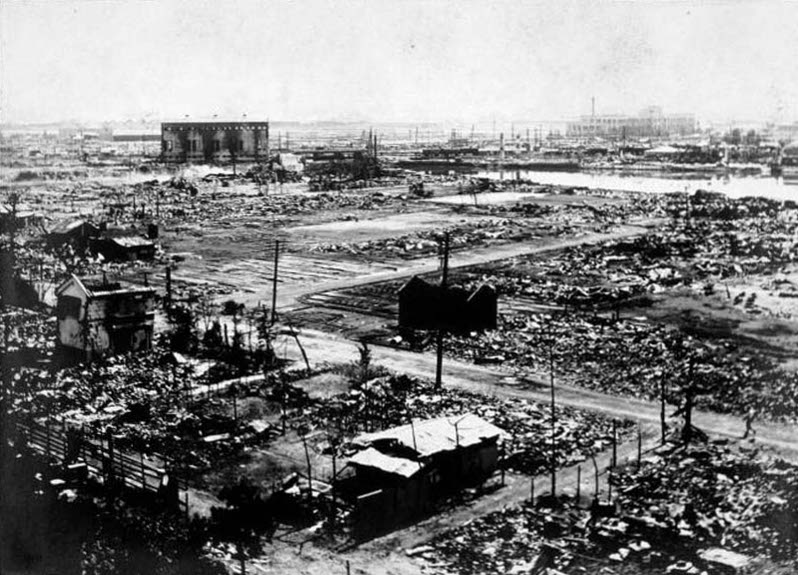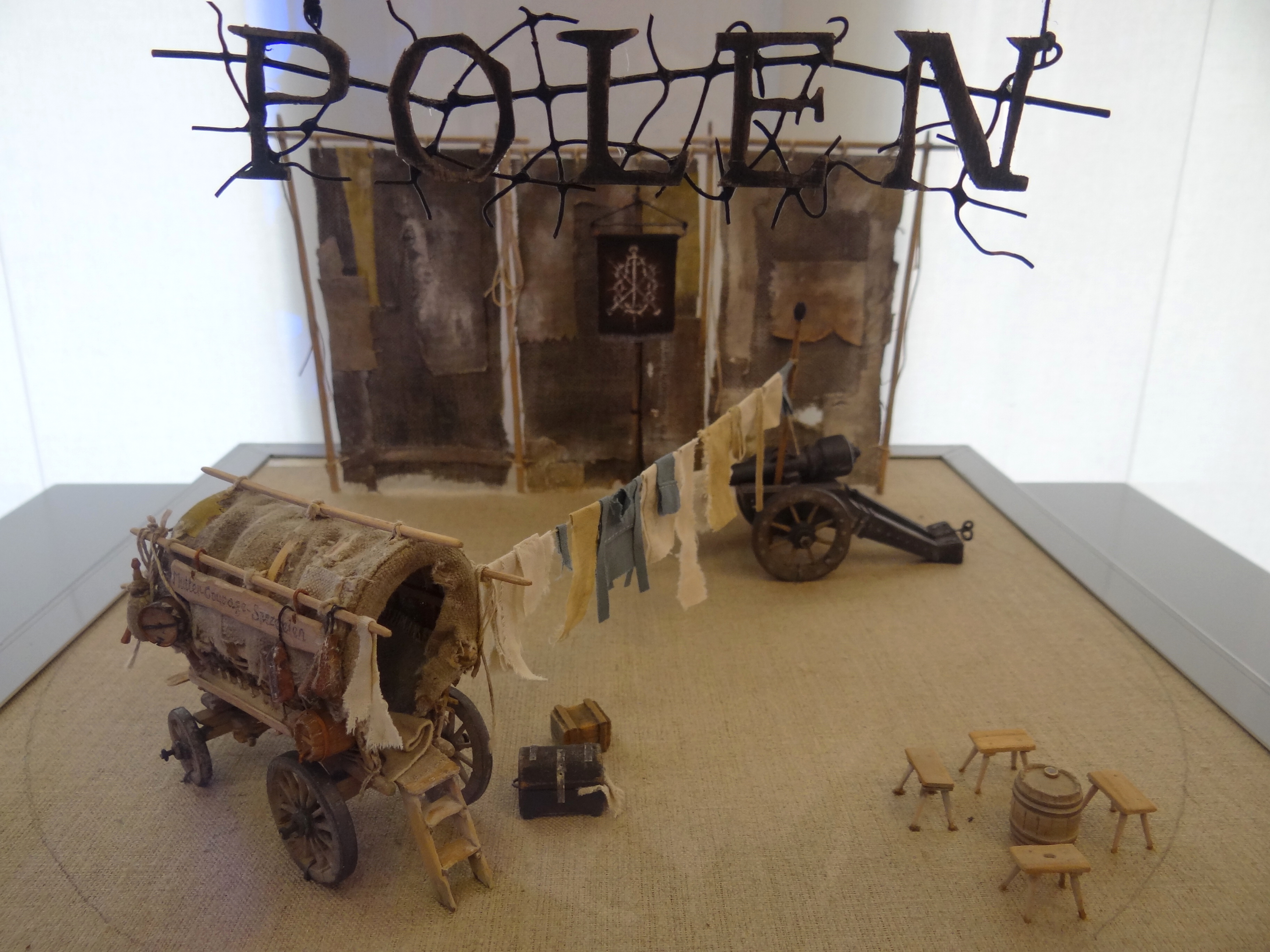|
Mei Lanfang
Mei Lan (22 October 1894 – 8 August 1961), better known by his stage name Mei Lanfang, was a notable Chinese Peking opera artist in Chinese theater, modern Chinese theater. Mei was known as the "Queen of Peking Opera". Mei was exclusively known for his dan (Chinese opera), female lead roles (''dan'') and particularly his "qingyi (Chinese opera), verdant-robed girls" (''qingyi''), young or middle-aged women of grace and refinement. He was considered one of the "Four Great ''Dan''", along with Shang Xiaoyun, Cheng Yanqiu, and Xun Huisheng. Early life Mei Lanfang was born in Beijing in 1894 into a family of Peking opera and Kunqu performers (performers of a traditional Chinese theatre composed of drama, ballet, opera, poetry, and music) of Taizhou, Jiangsu ancestry. Career At age 8, Mei Lanfang started training in Chinese opera skills such as acting, singing and acrobatics. Mei Lanfang made his stage debut at the Guanghe Theatre in 1904 when he was 11 years old playing a we ... [...More Info...] [...Related Items...] OR: [Wikipedia] [Google] [Baidu] |
Beijing
Beijing, Chinese postal romanization, previously romanized as Peking, is the capital city of China. With more than 22 million residents, it is the world's List of national capitals by population, most populous national capital city as well as China's List of cities in China by population, second largest city by urban area after Shanghai. It is located in North China, Northern China, and is governed as a Direct-administered municipalities of China, municipality under the direct administration of the Government of the People's Republic of China, State Council with List of administrative divisions of Beijing, 16 urban, suburban, and rural districts.Figures based on 2006 statistics published in 2007 National Statistical Yearbook of China and available online at archive. Retrieved 21 April 2009. Beijing is mostly surrounded by Hebei Province and neighbors Tianjin to the southeast; together, the three divisions form the Jing-Jin-Ji, Jing-Jin-Ji cluster. Beijing is a global city and ... [...More Info...] [...Related Items...] OR: [Wikipedia] [Google] [Baidu] |
Charlie Chaplin
Sir Charles Spencer Chaplin (16 April 188925 December 1977) was an English comic actor, filmmaker, and composer who rose to fame in the era of silent film. He became a worldwide icon through his screen persona, the Tramp, and is considered one of the film industry's most important figures. His career spanned more than 75 years, from his childhood in the Victorian era until a year before his death in 1977, and encompassed both accolade and controversy. Chaplin's childhood in London was one of poverty and hardship. His father was absent and his mother struggled financiallyhe was sent to a workhouse twice before the age of nine. When he was 14, his mother was committed to a mental asylum. Chaplin began performing at an early age, touring music halls and later working as a stage actor and comedian. At 19, he was signed to the Fred Karno company, which took him to the United States. He was scouted for the film industry and began appearing in 1914 for Keystone Studios. He soon intr ... [...More Info...] [...Related Items...] OR: [Wikipedia] [Google] [Baidu] |
1923 Great Kantō Earthquake
The 1923 Great Kantō earthquake (, or ) was a major earthquake that struck the Kantō Plain on the main Japanese island of Honshu at 11:58:32 JST (02:58:32 UTC) on Saturday, 1 September 1923. It had an approximate magnitude of 8.0 on the moment magnitude scale (Mw), with its epicenter located southwest of the capital Tokyo. The earthquake devastated Tokyo, the port city of Yokohama, and surrounding prefectures of Kanagawa, Chiba, and Shizuoka, and caused widespread damage throughout the Kantō region. Fires, exacerbated by strong winds from a nearby typhoon, spread rapidly through the densely populated urban areas, accounting for the majority of the devastation and casualties. The death toll is estimated to have been between 105,000 and 142,000 people, including tens of thousands who went missing and were presumed dead. Over half of Tokyo and nearly all of Yokohama were destroyed, leaving approximately 2.5 million people homeless. The disaster triggered widespread social ... [...More Info...] [...Related Items...] OR: [Wikipedia] [Google] [Baidu] |
Forever Enthralled
''Forever Enthralled'' () is a Chinese biographical film directed by Chen Kaige; the film marks Chen's eleventh feature film as a director. ''Forever Enthralled'' follows the life of Mei Lanfang, one of China's premiere Chinese Opera, opera performers. It stars Leon Lai as Mei, Zhang Ziyi, Sun Honglei and Masanobu Andō. Known during production as ''Mei Lanfang'', the film's English title was changed in November 2008, shortly before its release, to ''Forever Enthralled''. The film was shown in competition at the 2009 Berlin International Film Festival for the Berlin International Film Festival#Golden Bear winners, Golden Bear award. Production ''Forever Enthralled'' was produced on a budget of $15 million (US) by the China Film Group and Taiwan's China Magnetics Corporation Company (CMC Company), which had previously helped fund John Woo's ''Red Cliff (film), Red Cliff'' and Alexi Tan's ''Blood Brothers (2007 action film), Blood Brothers''. Unlike Chen's previous film, ''The Promi ... [...More Info...] [...Related Items...] OR: [Wikipedia] [Google] [Baidu] |
Chen Kaige
Chen Kaige ( zh, s=陈凯歌, link=no; born 12 August 1952) is a Chinese filmmaker. A leading figure of the fifth generation of Chinese directors, Chen is known for his visual flair and epic storytelling.Berry, Michael (2002). "Chen Kaige: Historical Revolution and Cinematic Rebellion" in Speaking in Images: Interviews with Contemporary Chinese Filmmakers'. Columbia University Press, pg. 83; For '' Farewell My Concubine'' (1993)'','' Chen became the first Chinese director to win the Palme d'Or at the Cannes Film Festival''.'' Early life Chen Kaige was born in Beijing, China into a family of Changle, Fuzhou origin, and grew up with fellow Fifth Generation alumnus Tian Zhuangzhuang as a childhood friend. His father was a well-known director in his own right. His mother Liu Yanchi ( zh, s=刘燕驰, labels=no) was a senior screenwriter. During the Cultural Revolution, Chen joined the Red Guards and denounced his own father, a fateful decision he eventually learned to regret an ... [...More Info...] [...Related Items...] OR: [Wikipedia] [Google] [Baidu] |
Chinese Communist Party
The Communist Party of China (CPC), also translated into English as Chinese Communist Party (CCP), is the founding and One-party state, sole ruling party of the People's Republic of China (PRC). Founded in 1921, the CCP emerged victorious in the Chinese Civil War against the Kuomintang and Proclamation of the People's Republic of China, proclaimed the establishment of the PRC under the leadership of Mao Zedong in October 1949. Since then, the CCP has governed China and has had sole control over the People's Liberation Army (PLA). , the CCP has more than 99 million members, making it the List of largest political parties, second largest political party by membership in the world. In 1921, Chen Duxiu and Li Dazhao led the founding of the CCP with the help of the Far Eastern Bureau of the Communist Party of the Soviet Union, Russian Communist Party (Bolsheviks) and Far Eastern Bureau of the Communist International. Although the CCP aligned with the Kuomintang (KMT) during its initia ... [...More Info...] [...Related Items...] OR: [Wikipedia] [Google] [Baidu] |
China Federation Of Literary And Art Circles
The China Federation of Literary and Art Circles (CFLAC), established in July 1949, is a Chinese people's organization composed of nationwide associations of writers and artists. CFLAC is one of the founders of CPPCC (Chinese People's Political Consultative Conference). CFLAC includes artist associations which are involved in such activities as academic studies and discussion, performances, exhibitions, and competitions. History After the founding of the People's Republic of China in 1949, the Chinese Communist Party's Propaganda Department organized networks of cultural workers' associations which were headed by the China Federation of Literary and Art Circles. The state incorporated existing cultural enterprises into the state apparatus, which provided stable income and working environments for artists. The state commissioned writers and artists to create works in various genres celebrating the new country. Branches * China Artists Association () * China Film Association () ... [...More Info...] [...Related Items...] OR: [Wikipedia] [Google] [Baidu] |
Imperial Japanese Army
The Imperial Japanese Army (IJA; , ''Dai-Nippon Teikoku Rikugun'', "Army of the Greater Japanese Empire") was the principal ground force of the Empire of Japan from 1871 to 1945. It played a central role in Japan’s rapid modernization during the Meiji period, fought in numerous conflicts including the First Sino-Japanese War, the Russo-Japanese War, World War I, the Second Sino-Japanese War, and World War II, and became a dominant force in Japanese politics. Initially formed from domain armies after the Meiji Restoration, it evolved into a powerful modern military influenced by French and German models. The IJA was responsible for several overseas military campaigns, including the invasion of Manchuria, involvement in the Boxer Rebellion, and fighting across the Asia-Pacific during the Pacific War. Notorious for committing widespread Japanese war crimes, war crimes, the army was dissolved after Japan's surrender in 1945, and its functions were succeeded by the Japan Ground Self-D ... [...More Info...] [...Related Items...] OR: [Wikipedia] [Google] [Baidu] |
Li Yuru
Li Shuzhen (25 July 1923 – 11 July 2008), better known by her stage name and also known as was a Chinese opera singer and actress. Descended from Manchu nobility, she is remembered as "one of the great Beijing Opera performers". and played an important role in the acceptance of female singers in female roles (''dan''). Amid the Cultural Revolution, she was imprisoned from 1966 until the early 1970s. In 1979, she married Cao Yu, one of the most important 20th-century Chinese dramatists, and, following China's opening up under Deng Xiaoping, she ended her life respected as one of the few surviving masters of the '' dan'' roles. Life Early life She was born in Beijing on 25 July 1923 to Zheng Yuanlong and Li Yuxiu (1900–1966). Li was descended from Manchu nobility but had changed her name to pass as Han following the 1911 Xinhai Revolution that ultimately overthrew the Manchu Qing dynasty. Her father died when she was an infant. When she was five, her mother rem ... [...More Info...] [...Related Items...] OR: [Wikipedia] [Google] [Baidu] |
Alienation Effect
The distancing effect, also translated as alienation effect ( or ''V-Effekt''), is a concept in performing arts credited to German playwright Bertolt Brecht. Brecht first used the term in his essay "Alienation Effects in Chinese Acting" published in 1936, in which he described it as performing "in such a way that the audience was hindered from simply identifying itself with the characters in the play. Acceptance or rejection of their actions and utterances was meant to take place on a conscious plane, instead of, as hitherto, in the audience's subconscious". These remarks find their precedent in an essay largely devoted to the theory of Brecht’s epic theater, “ The Author as Producer,” written by Walter Benjamin in 1934. This way of formulating the technique would have been familiar to Brecht from his conversations with Benjamin before he met the Russian playwrights Shlovsky or Tretyakov (to whom he later attributed the coinage), insofar as Benjamin wrote the essay with ... [...More Info...] [...Related Items...] OR: [Wikipedia] [Google] [Baidu] |





